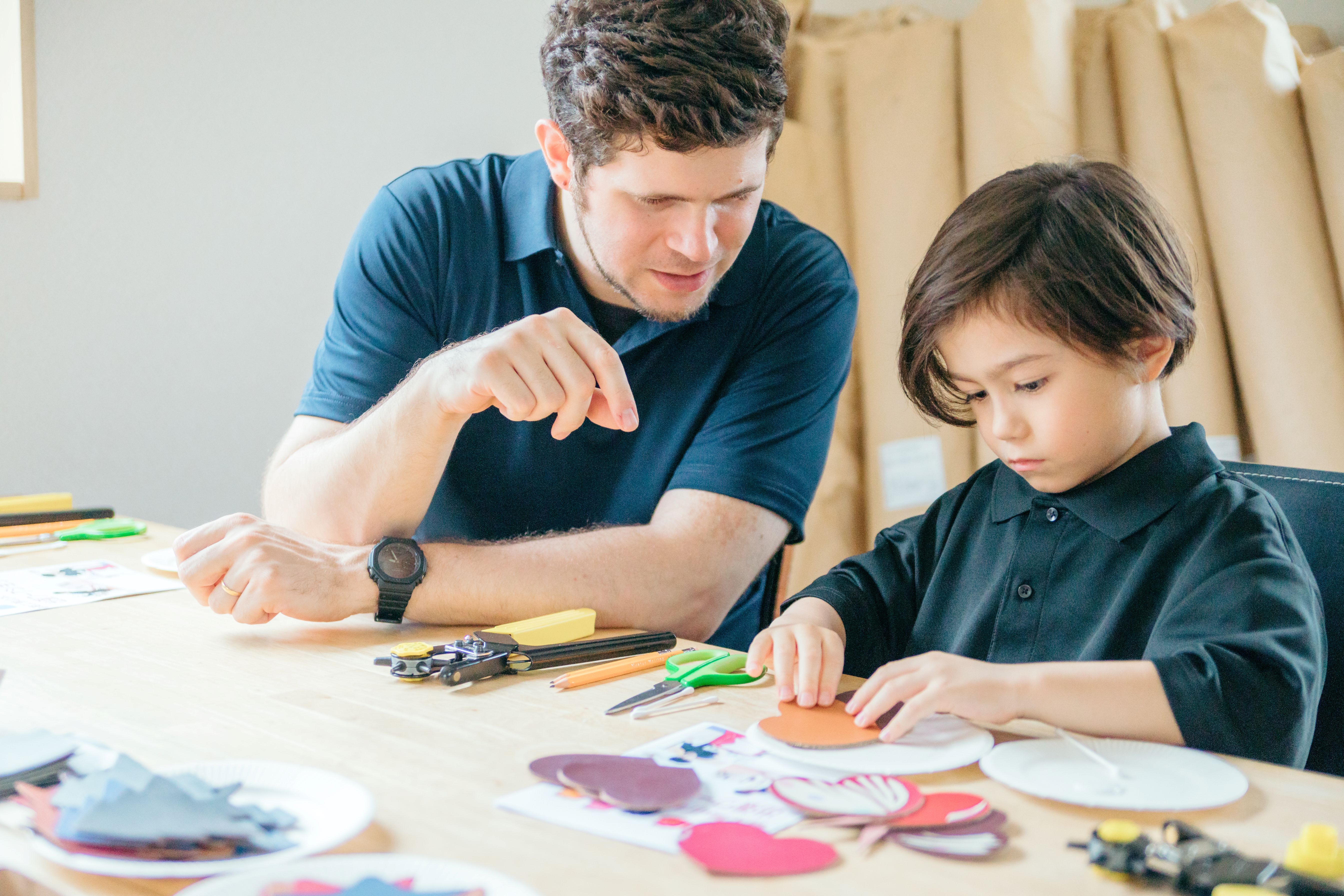Hier einkaufen
Wir setzen den Verkauf auf dieser Website vorübergehend aus.
Bitte genießen Sie das Einkaufen auf „World Shopping Biz“, indem Sie über die Schaltfläche unten zu einer anderen Seite wechseln!
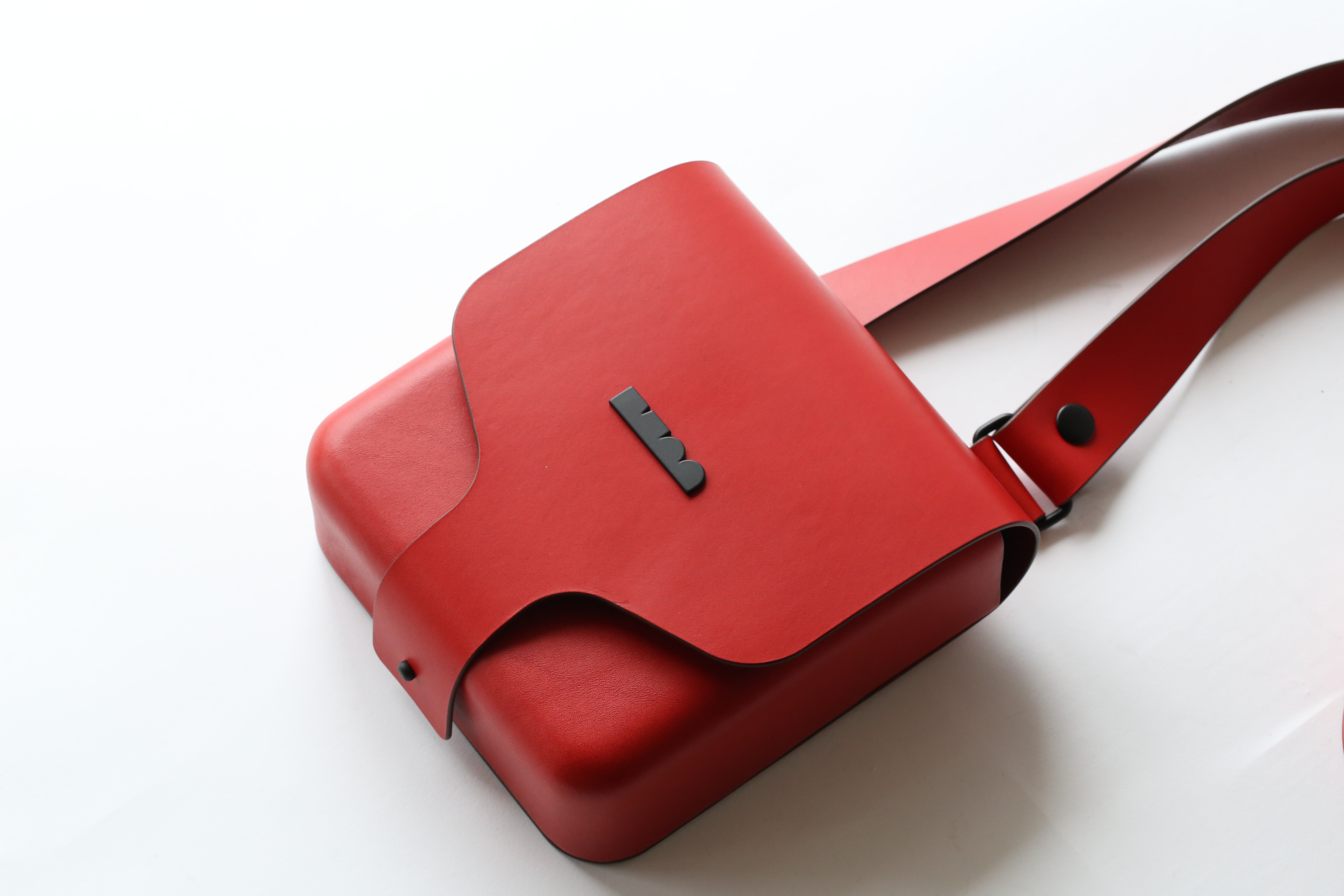
Was ist Lederquetschen?
Lederformung (Wet-Forming) und Lederverarbeitung (Lasting) sind Techniken, die die Eigenschaft des pflanzlich gegerbten Leders nutzen, dass es beim Nassen dehnbar wird und in diesem Zustand trocknet, wodurch die Form beibehalten werden kann. Diese Techniken ermöglichen die dreidimensionale Formgebung von Leder und werden hauptsächlich bei der Herstellung des Obermaterials von Lederschuhen verwendet.
In den letzten Jahren sieht man nicht mehr so oft Taschen, und wir haben viele Versuche und Irrtümer durchlaufen, bis wir fertig waren. Doch inspiriert von der Herstellung von Wadaiko konnten wir eine Serie entwickeln.
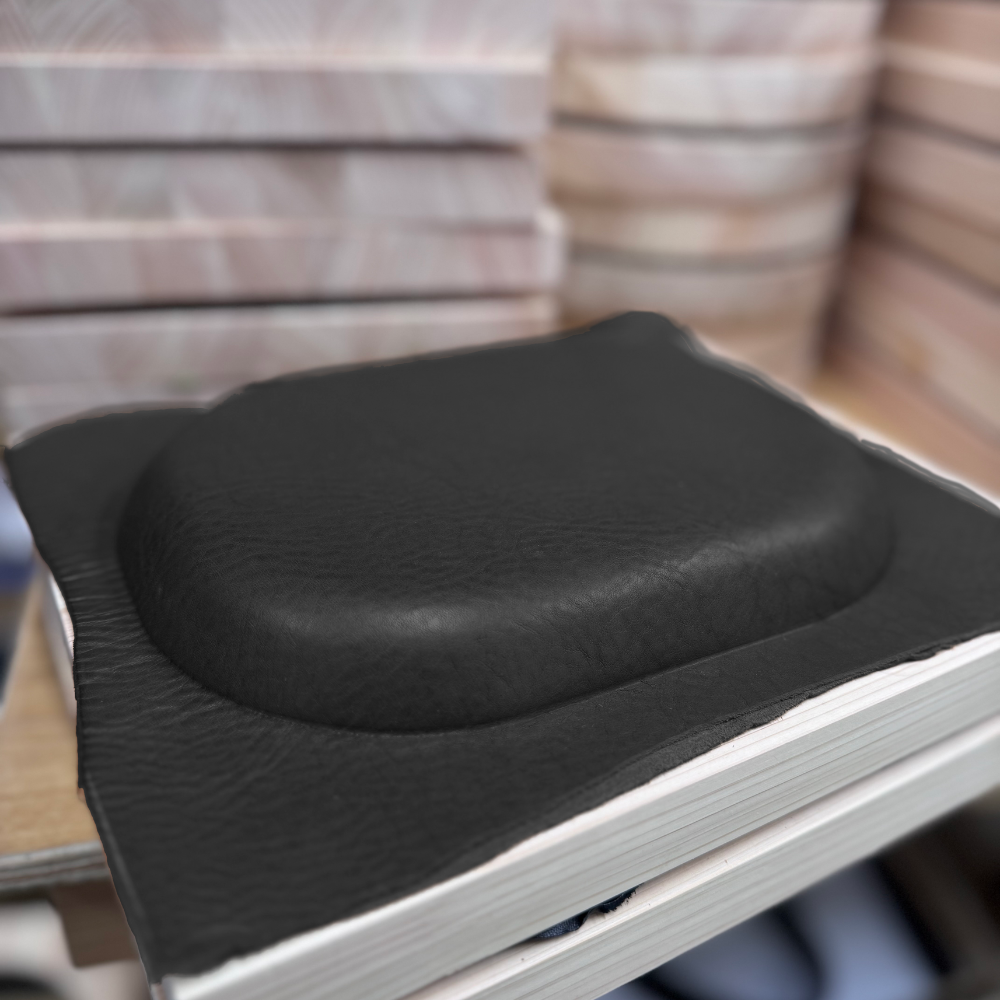
Wie man eine Ledertasche herstellt
Wenn das Design festgelegt ist, wird eine Holzform erstellt, um die ideale Kurve zu erreichen. Diese Form ist ein sehr wichtiges Werkzeug zur Formgebung der Tasche und wird in einigen Fällen mehrfach überarbeitet.
Als nächstes wird das Leder zugeschnitten und in Teile zerlegt. Der Zuschnitt erfolgt etwas größer als die Form, damit das Leder gut gedehnt werden kann und perfekt zur Form passt.
Vor der Formgebung wird das Leder in Wasser eingeweicht, um es weich zu machen. Danach wird das Leder fest gegen die Form gedrückt, um es zu formen. In einigen Fällen wird eine Kombination aus konvexen und konkaven Formen verwendet, um das Leder genau in die richtige Form zu bringen. In diesem Schritt sind feine Anpassungen erforderlich, um Dicke und Position genau abzustimmen.
Nach dem Pressen wird das Leder etwa 3 Tage lang getrocknet. In diesem Trocknungsprozess kann das Leder seine Form gut behalten. Sobald das Leder getrocknet ist, wird es von der Form entfernt. Außerdem werden die inneren Teile ebenfalls über mehrere Tage getrocknet.
Wenn das Leder vollständig getrocknet ist, geht es endlich zur Näherei. Auch im Innenraum wird hochwertiger Stoff verwendet. Leichte und strapazierfähige Materialien harmonieren mit dem äußeren Leder und verleihen dem hochwertigen Design eine alltägliche Benutzerfreundlichkeit.
Dieser gesamte Herstellungsprozess wird sorgfältig durchgeführt, indem Handarbeit und traditionelle Werkzeuge kombiniert werden.
Von der ersten Zuschnitt bis zum letzten Stich wird in jedem Schritt auf Details geachtet, um Produkte zu liefern, auf die wir stolz sind, sowohl in Qualität als auch im Design.
.png?w=650&h=488)
Warum handgezeichnete Ledertaschen herstellen?
Die Verwendung der Lederraffung und der Lederaufhängungstechniken für Taschen gab es einst im alten Europa, aber heute sind sie fast verschwunden. Das liegt daran, dass sie zeitaufwendig und mühsam sind.
Doch gerade weil wir glauben, dass verlorene Techniken nicht zurückgewonnen werden können, wagen wir es, die Lederraffung und die Lederaufhängung herauszufordern. Wir möchten die Techniken, die uns die Vorfahren hinterlassen haben, an künftige Generationen weitergeben, indem wir als Unternehmen Produkte auf den Markt bringen, die diese Techniken nutzen, und nicht zulassen, dass sie aufgrund von Aufwand und Zeit in Vergessenheit geraten.
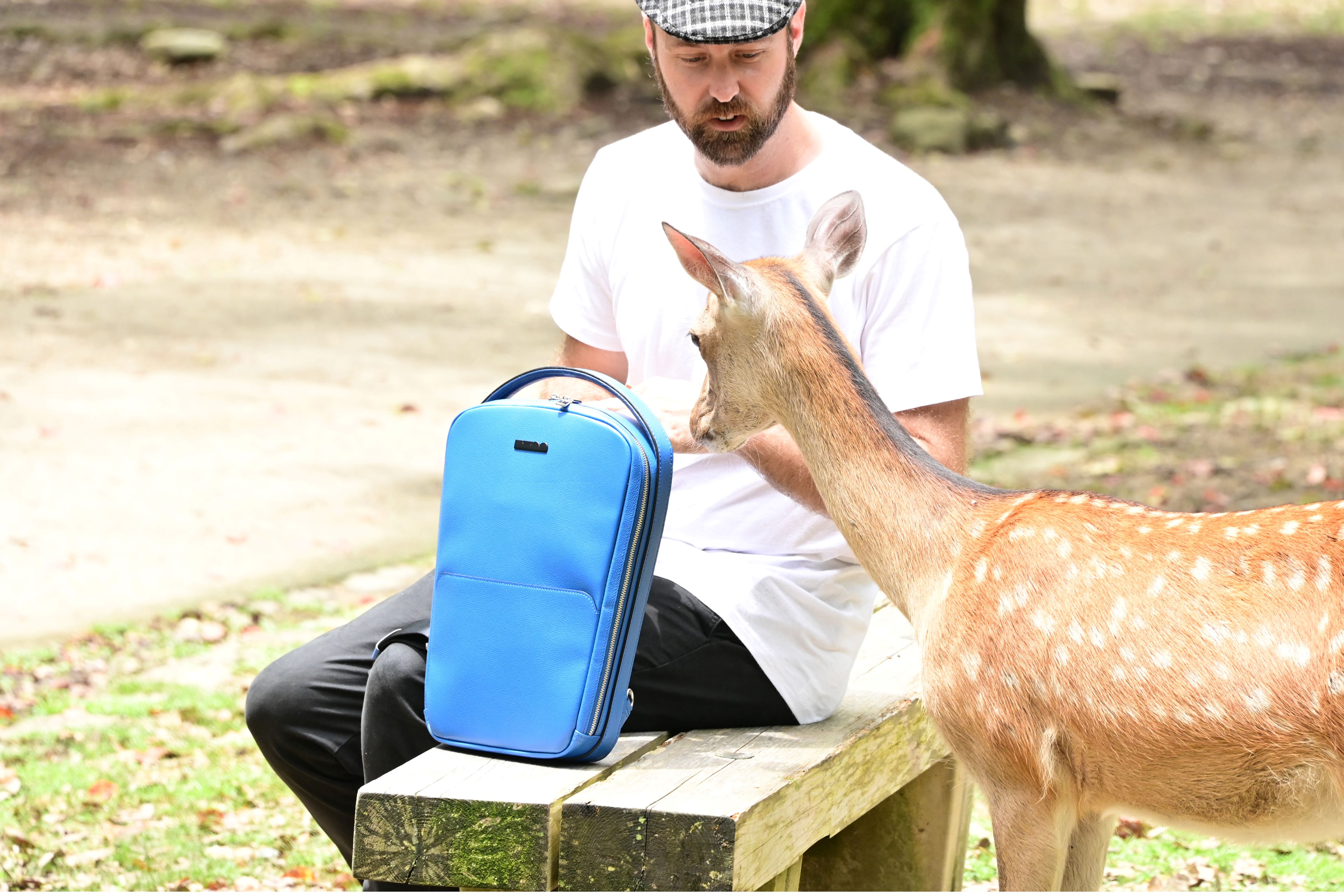
Über MONTBOOK
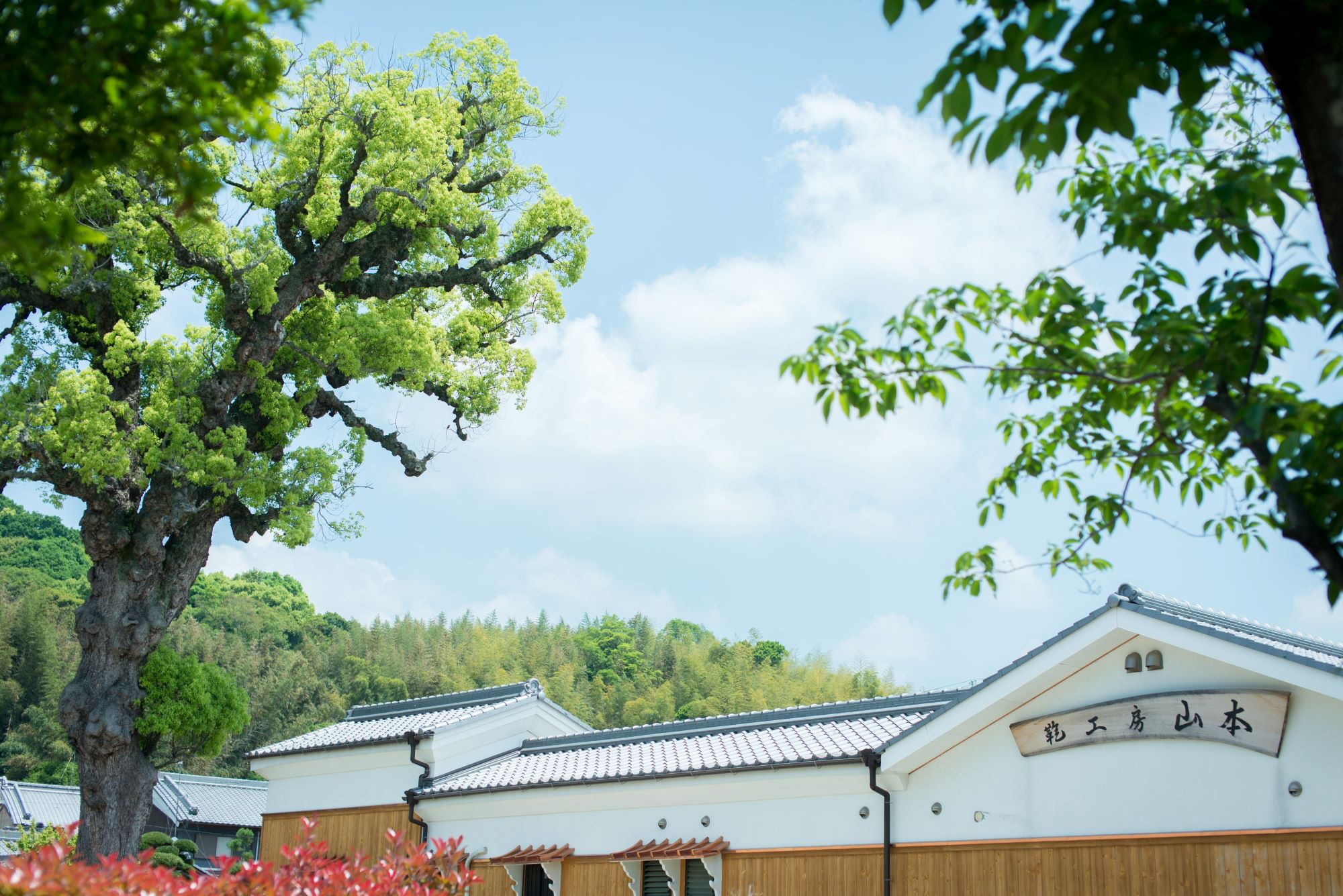
Geschichte der Taschenwerkstatt Yamamoto
Wir, die Taschenmanufaktur Yamamoto, wurden kurz nach dem Krieg im Jahr 1949 gegründet und sind seitdem in der Taschenherstellung tätig. Heute erweitern wir unser Geschäft um die Herstellung und den Verkauf von Schulranzen und allgemeinen Taschen sowie um landwirtschaftliche Aktivitäten.
Mit dem Gedanken „Egal in welcher Zeit, wir schaffen gute Dinge“ möchten wir Ihnen unsere Geschichte vorstellen, die wir mit diesem Glauben fortgesetzt haben.
Wir gestalten Ihr Einkaufserlebnis komfortabler
Für ein reibungsloses Einkaufserlebnis empfehlen wir Ihnen, ein Konto anzulegen.
Durch das Einloggen (Anmelden) können Sie Ihren Bestellstatus überprüfen, Ihre Einstellungen verwalten und Informationen zu neuen Produkten sowie exklusive Angebote erhalten.
Im oberen Menü der Website finden Sie eine klare Übersicht über verschiedene Modelle und Optionen. Sie werden sicherlich das passende Produkt finden.
Zuverlässiger Kundensupport
Bei Montbook legen wir Wert darauf, unseren Kunden den bestmöglichen Service zu bieten.
Wenn Sie Fragen oder Bedenken haben, können Sie sich gerne an den Kundensupport wenden.AnfrageWir werden Ihre Anfrage zu Produktdetails und Bestelldetails umgehend beantworten.
schließlich
クラシックなものからトレンド感のあるデザインまで、幅広いラインナップをご用意しています。


.png?w=1000&h=1000)



